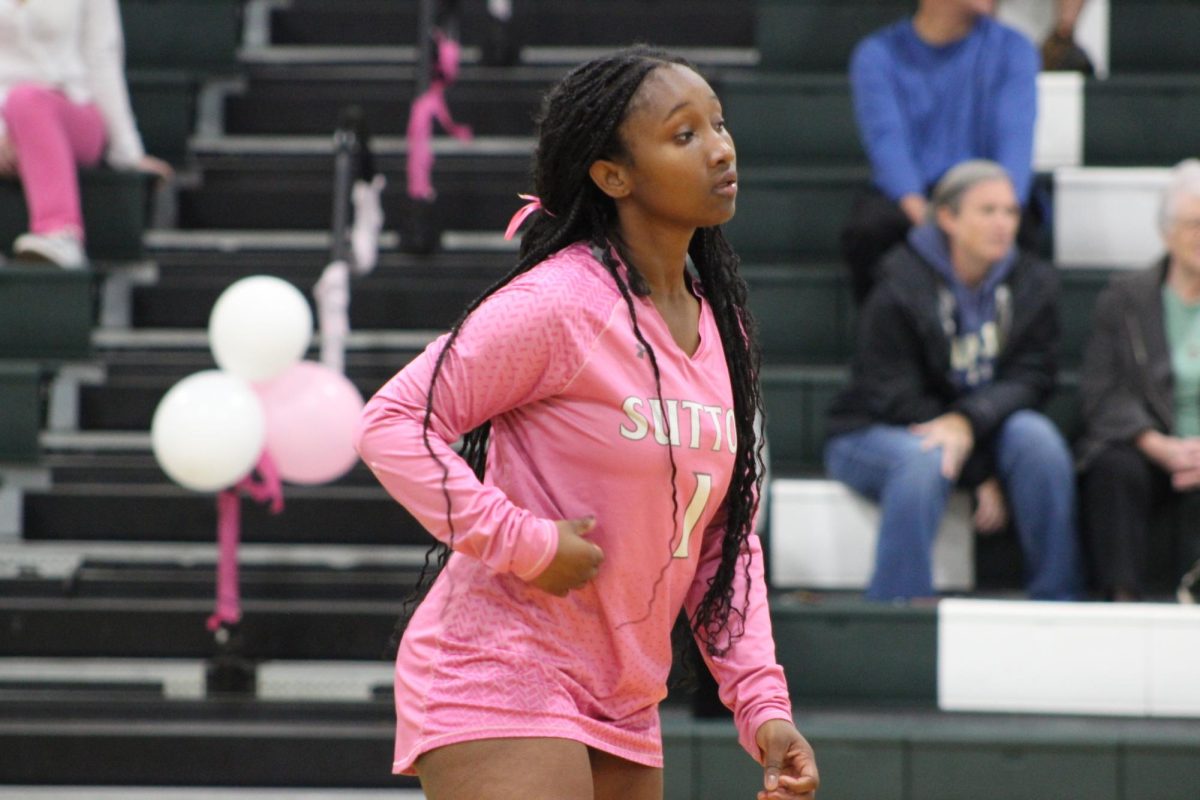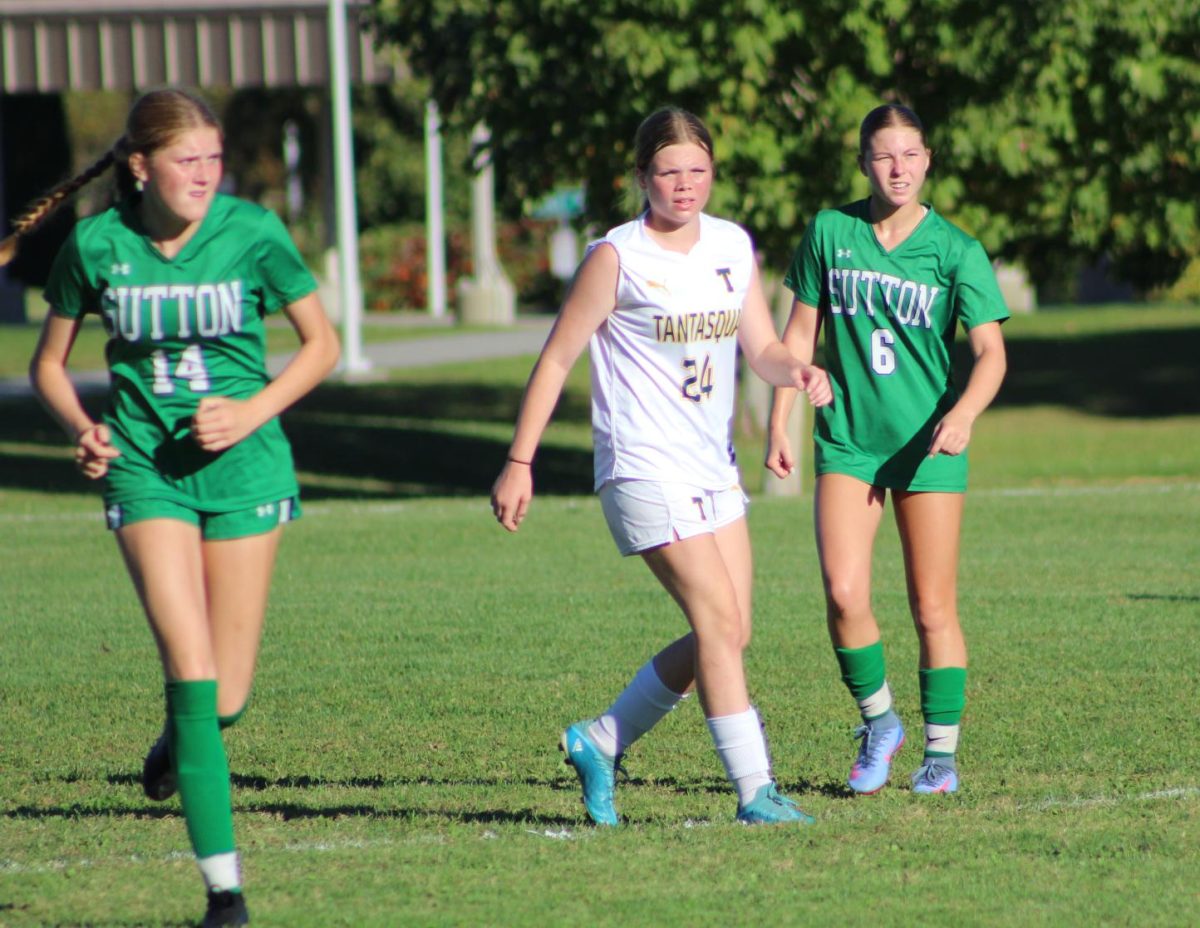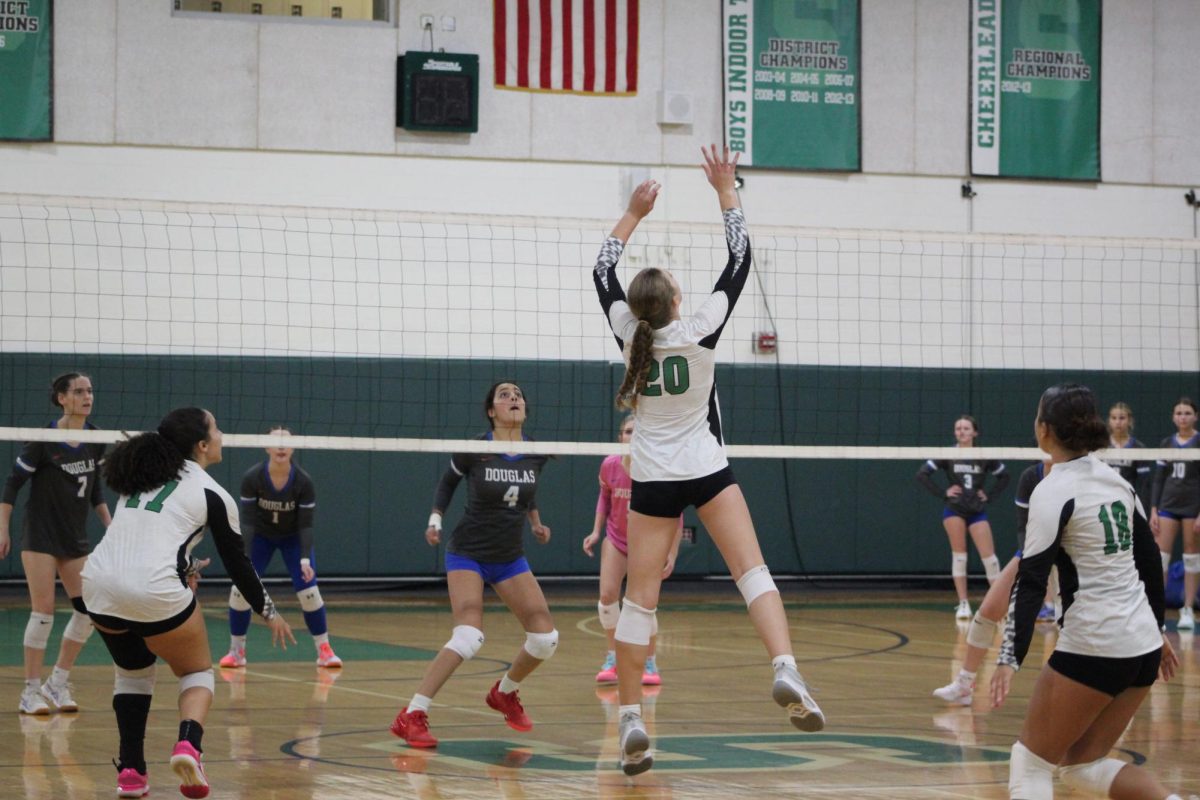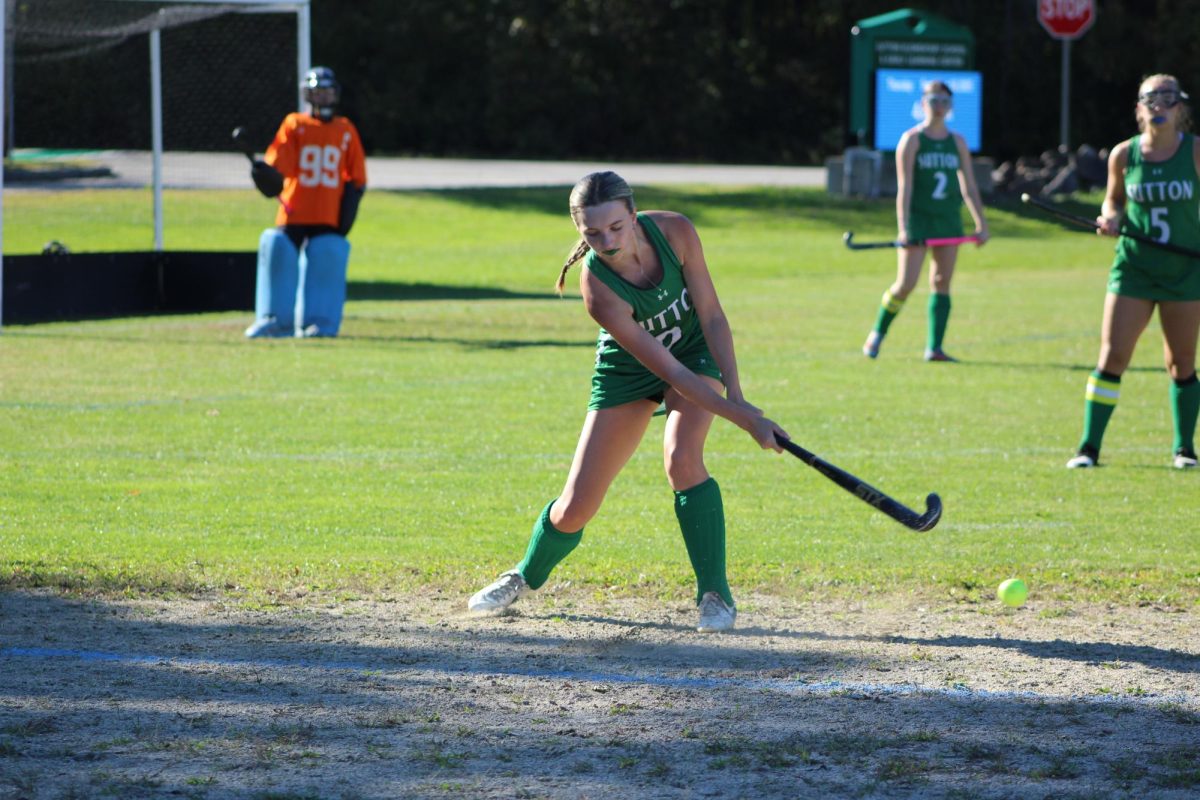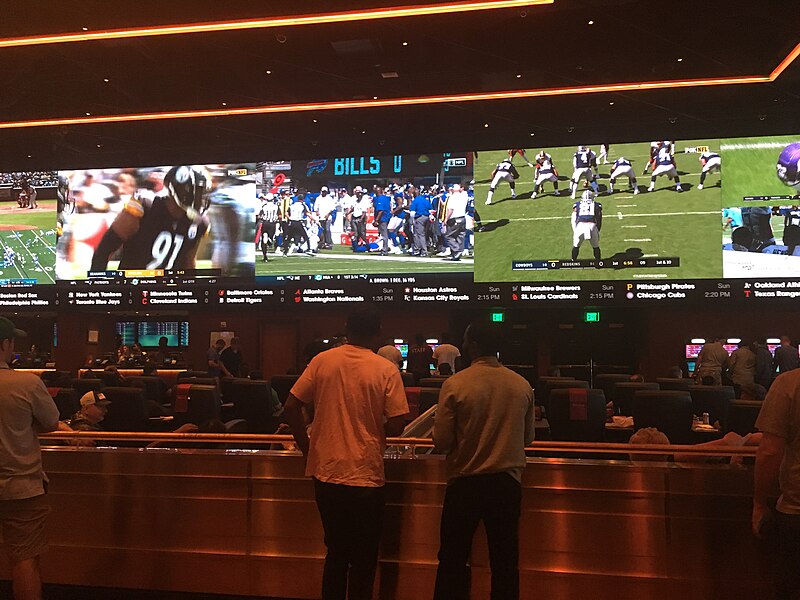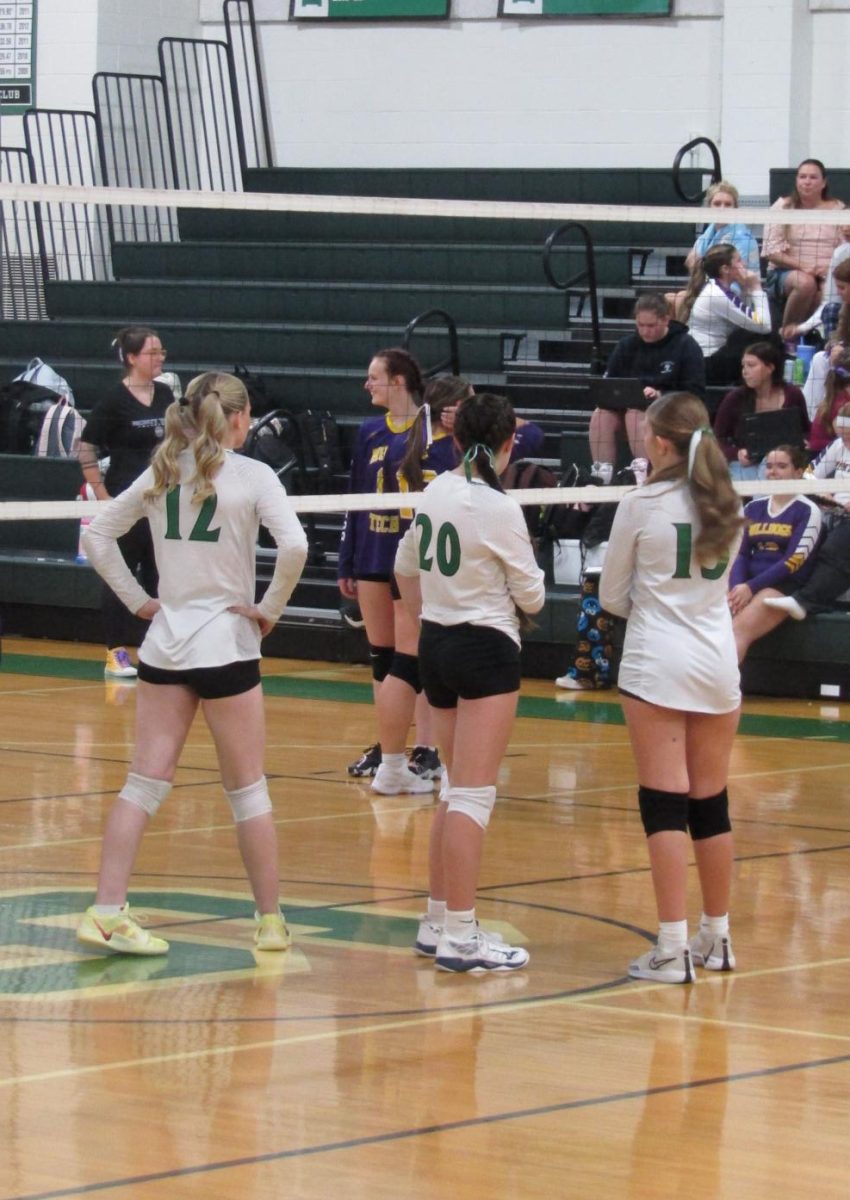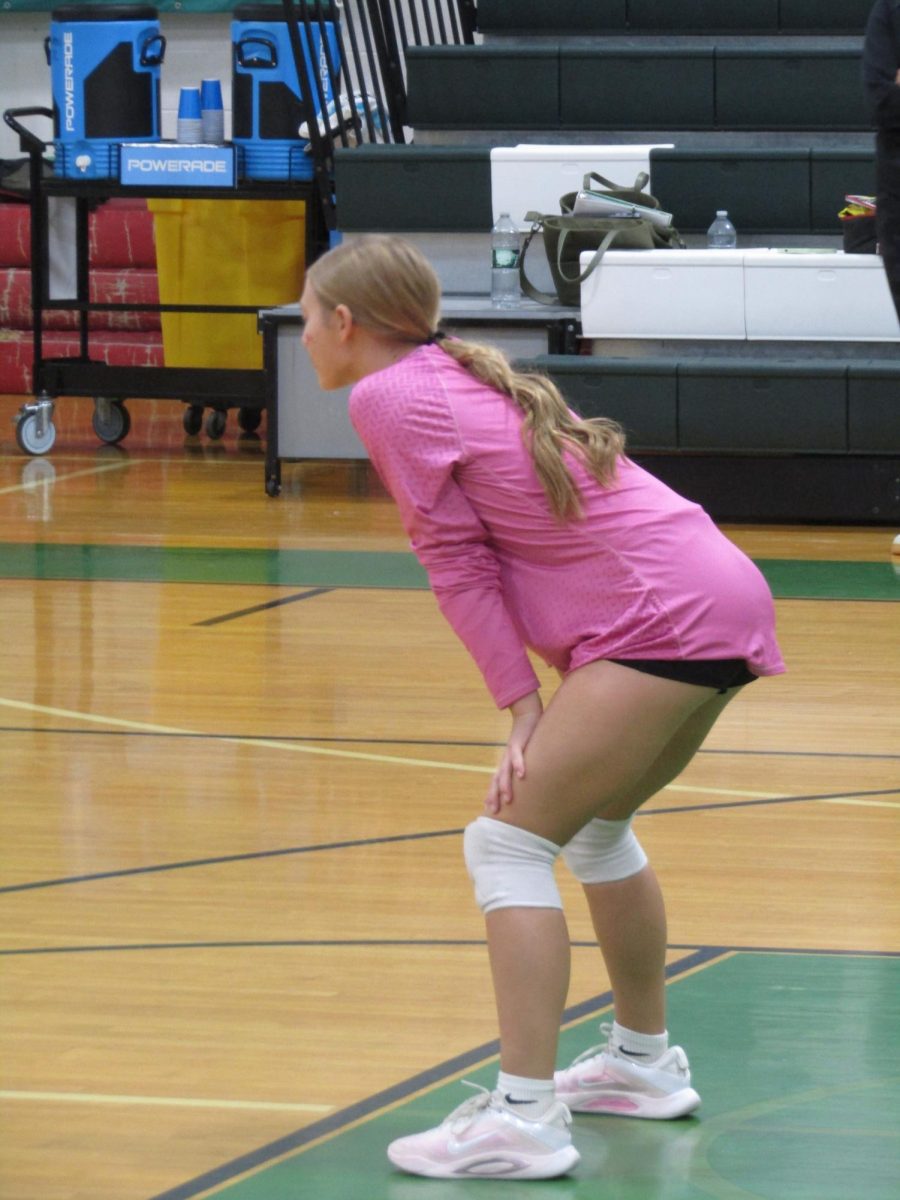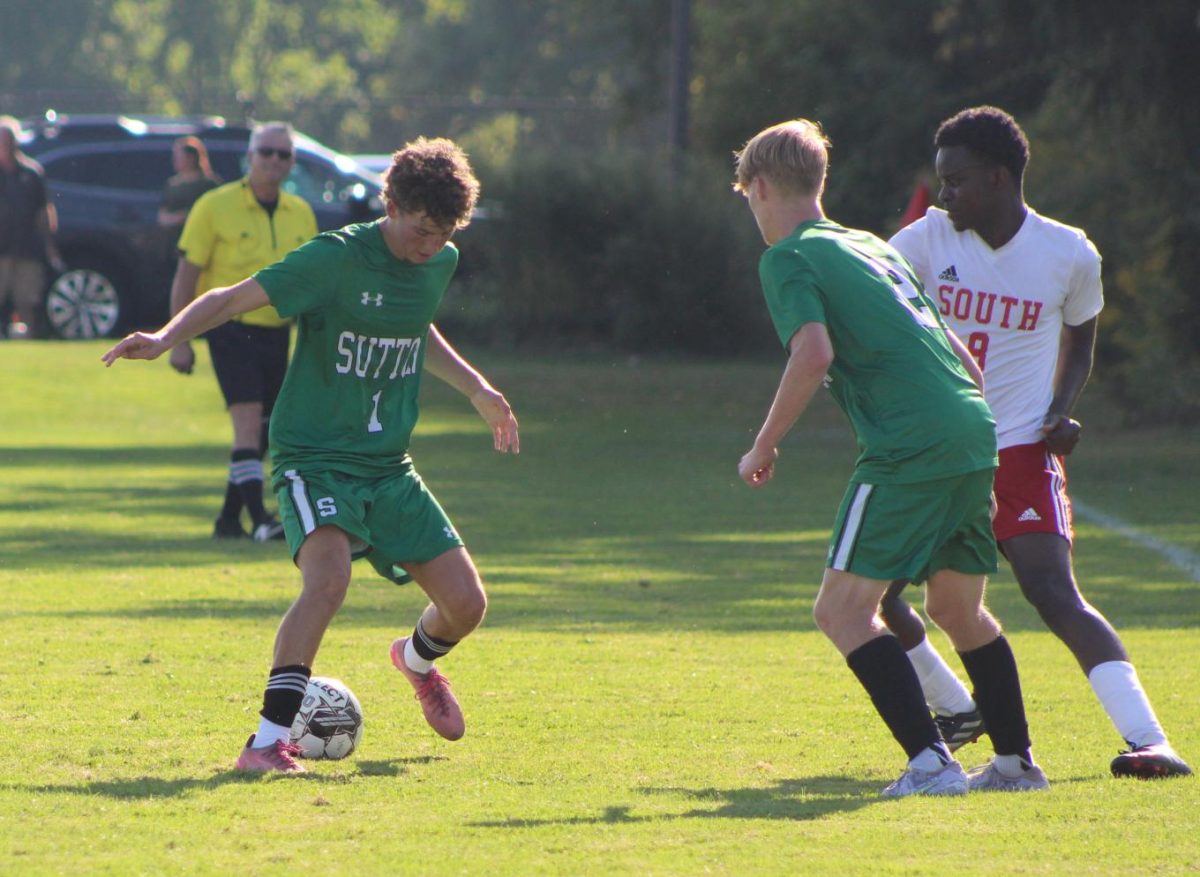Professional football players can place bets on events outside the NFL using legal sportsbooks. However, NFL coaches, officials, trainers, and other related personnel are prohibited from participating in betting activities.
For athletes who choose to wager on NFL games, the consequences are severe, with suspensions that last a minimum of one year. Notable players like Calvin Ridley, Quintez Cephus, C.J. Moore, Josh Shaw, and Shaka Toney have faced these penalties. Also, players who place bets in unauthorized locations may receive six-game suspensions, as seen with players like Jameson Williams and Stanley Berryhill.
Maybe the biggest gambling scandal in NFL history involved former Ohio State quarterback and Indianapolis Colts player Archie Schlichter. In 1983, he faced a suspension because his gambling debts were over $150,000. After he finished his NFL career in 1985, his gambling problems led to several prison sentences for fraud, forgery, and other crimes.
The NBA does not allow players, teams, or league employees to bet on games. However, they can engage in fantasy basketball as long as no cash prize is involved. The issue of sports betting has recently come to light in the case of former Toronto Raptors player Jontay Porter, who faced serious federal charges related to a sports betting scandal, resulting in a lifetime ban from the NBA.
In baseball, all personnel in uniform, along with team and league employees, are allowed to gamble on anything unrelated to baseball. However, betting on amateur games and participating in fantasy baseball is strictly prohibited. Players can bet legally without restrictions in other areas if they follow specific guidelines. The consequences of violations can vary significantly; for example, players caught intentionally losing or tanking face lifetime bans. Accepting a reward for winning can lead to a three-year ban, and attempting to bribe umpires also results in a lifetime ban.
In professional hockey, players are similarly restricted and cannot place bets on NHL games; however, they are permitted to bet on other sports events. This rule applies equally to both players and staff members connected to the teams and league. One notable case involved Shane Pinto of the Ottawa Senators, who was punished with a 41-game suspension, making him the first current NHL player to receive a ban for gambling. Before Pinto, there was Don Gallinger, a professional hockey player who got suspended and later expelled from the NHL for gambling on hockey games in the 1940s.
At the collegiate level, betting on NCAA-sponsored sports is strictly prohibited. This regulation applies not only to student-athletes but also to coaches, administrators, and officials. Student-athletes are required to annually sign the NCAA Student-Athlete Statement to affirm their understanding of these rules. Violating them can lead to ineligibility for participation in college sports.
Recently, gambling investigations involving Iowa and Iowa State have resulted in criminal charges against seven athletes, both current and former. Among those charged are Ahron Ulis, a former basketball player for the Hawkeyes, Hunter Dekkers, the Cyclones’ quarterback, Iowa baseball player Gehrig Christensen, kicker Aaron Blom, ISU football player Dodge Sauser, wrestler Paniro Johnson, and former football player Eyioma Uwazurike, among others.
The moral: in sports, know what you can and cannot gamble on, and follow the rules.



















